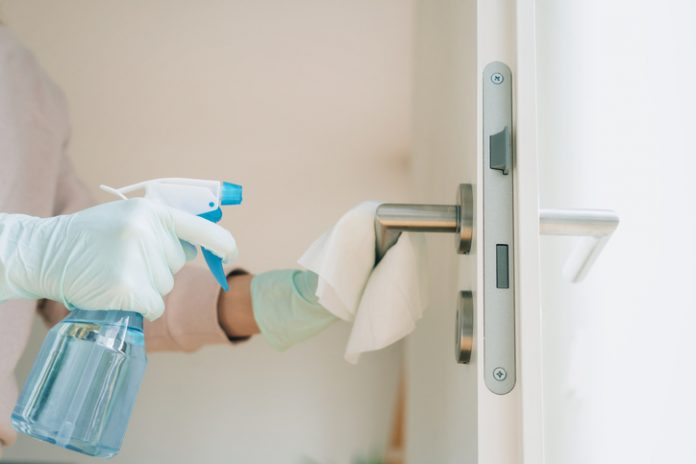
Hotels typically see a travel spike during the summer seasons, but the surge in vacationers during the 2021 summer season will be different; U.S. travelers are more eager to leave their homes than ever before following the COVID-19 pandemic. As these travelers anticipate and expect perfect performances from hotels, pests of any kind—especially those that carry illnesses and destroy properties—can dampen the progress brought on by a travel surge. And because the hotel industry was one of the hardest hit by the pandemic, the stakes are especially high.
Guests’ emphasis on prioritizing public health and cleanliness brought on by the COVID-19 pandemic are set at a new benchmark. Therefore, operations that prioritize cleanliness and pest prevention need to take priority. Many hotels have grown accustomed to new guest expectations and provide hand sanitizer stations, cleansing wipes, staggered hotel stays, and, in some cases, professional disinfection services. But in times of change, the little things can get overlooked.
While disinfection has been top-of-mind throughout the pandemic, it’s only one part of the cleaning process that hotels need to implement to get ready for a new wave of summer travelers. Proper sanitation is the cornerstone of a clean hotel, and the following sanitation practices are known to keep out pests that pose a risk to a hotel’s reputation and bottom line.
Taking Out the Trash
Properly and regularly disposing trash is the first step to prioritizing sanitation. From clearing trash left in guestrooms to maintaining a pickup schedule for hotel dumpsters, the property is responsible for handling garbage effectively and efficiently. A trash pile leads to strong and deterring odor, and it also serves as shelter for pests like rodents, cockroaches, and flies.
The key to successful odor elimination is stringent garbage maintenance. Partnering with reliable waste management companies ensures the regular removal of trash from the property. And trash should not be left next to the building, around the dumpster, or near trash chute openings; trash piles should stay within their appropriate containers with the lids firmly closed to reduce the chance of attracting pests.
Invest in Automation
Small investments, like purchasing automation technology, can make a huge difference in hotels’ sanitation efforts and the burden that cleaning expectations have on employees. Hoteliers can consider installing automatic flushers and cleaners in restrooms. Since unflushed toilets can lead to bad odors and unsanitary conditions, automatic flushers can reduce buildup. And automatic cleaners use cleaning solutions to prevent calcification, rust, stains, and bad odors—all that can attract pests.
Keep it Dry
Moisture both breeds bacteria and attracts pests. Keeping hotel spaces dry is critical; spaces to focus on include restrooms, breakrooms, kitchens, and dining rooms. Restroom floor and kitchen floor drains can be some of the dirtiest places with increased chances for contamination. Floor drains often produce odors caused by food and grease buildup, as well as decaying organic matter. The odors and organic matter both attract pests and deter guests. If not properly and regularly cleaned, floors and drains can act as deterrents to your business.
In kitchens and dining areas, wet mops can leave water behind that attracts pests, and most mop heads act as breeding grounds for pests. Hotel staff can ensure water is completely dried up and mops are washed and dried before storing; similar precautions should be taken with spills.
Stick to a Schedule
Sanitation can be made into a habit by creating and sticking to a cleaning schedule. Regular cleaning, trash pickup, and preventative maintenance are key to hotels’ sanitation practices. Working with pest management professionals to tighten up sanitation programs can lead to success. Pest management professionals have knowledge of integrated pest management and industry-specific expertise that can help hotels prevent pests and focus on taking care of guests.
Guests are expecting hotels to place sanitation efforts at the forefront of their operations and provide transparency about their improved hygiene and cleaning practices now more than ever before. Hoteliers can focus their operations around the safety concerns of guests to pave the way for a successful summer when investing in sanitation efforts.











